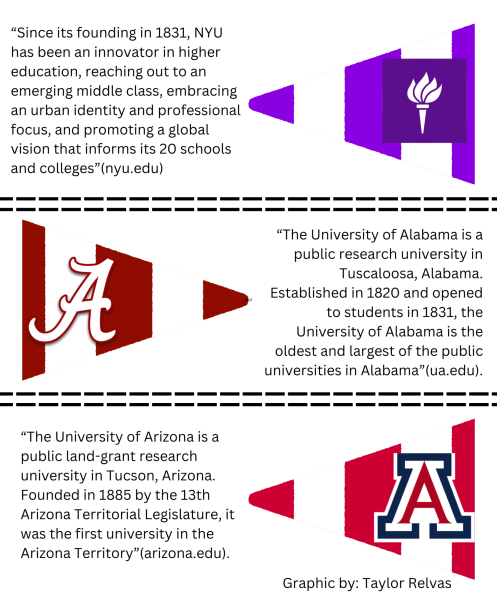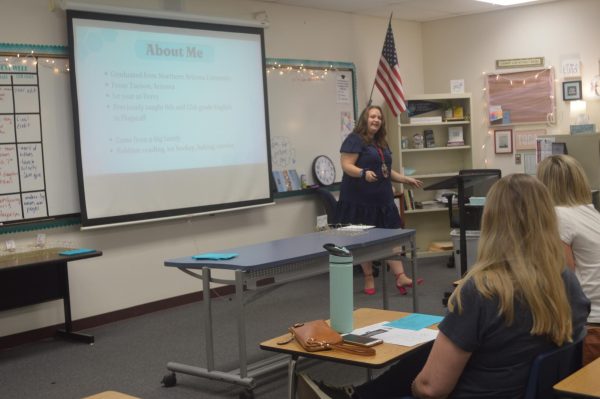School starting times too early
The dreaded alarm starts to beep at 6 am for most students, even earlier for those with a zero hour. Students drag their feet to get to school, only to almost fall asleep in the middle of first-hour algebra. If the point of school is to get a quality education, why is more sleep the only thing on our minds?
Biologically, teenagers need more sleep during their high school years. According to the National Sleep Foundation (NSF), “school bells that ring as early as 7:00 a.m. in many parts of the country stand in stark contrast with [teenagers] sleep patterns and needs.” Decades of data prove that teenagers generally tend to stay up later at night and wake up later in the day, making it almost impossible for teens to be productive so early in the morning.
On April 2, 1999, Representative Zoe Lofgren of California introduced the “ZZZ’s to A’s” Act, which would make it illegal for high schools to start any earlier than 8:30 am.
“Over time, sleep deprivation leads to serious consequences for academic achievement, social behavior, and the health and safety of our nation’s youth,” Lofgren stated. While the bill is just over 15 years old, work is still being done to try and pass it for the benefit of American students.
Research also backs her claim; over 60% of children under the age of 18 complain about not getting enough sleep, 15% admit to falling asleep in class. A survey done by the NSF in a Minneapolis school district raised the hopes of a later school start time, finding “improvement in attendance and enrollment rates, increased daytime alertness, and decreased student-reported depression” of the schools that started at 8:15 as opposed to 7:30 or earlier.
Dr. Mary Carskadon, an expert in adolescent sleep patterns, states that delaying school start times would reduce the risk of drowsy teenage drivers, also reducing absenteeism in the classroom. One of the main goals of high school is to prepare students for the ‘real world’ whether that be college or having a job; the excessively early start to the day is in no way realistic in preparing students for a sleep-deprived career, not to mention the actual hours of school having a huge contrast to the average adult work day.
While an early start allows students to have the opportunity of having an after school job, doctors agree that the mental state of a student is more important, nevertheless the factor of possibly falling asleep on the job.
The main focus of a teenager’s life revolves around school, but starting school so early is only setting students up for failure.

Madi Montoya is a senior at Perry High School and this will be her second year working with the Precedent staff. She is the 2015-2016 features editor,...




